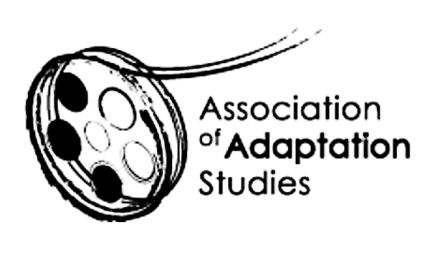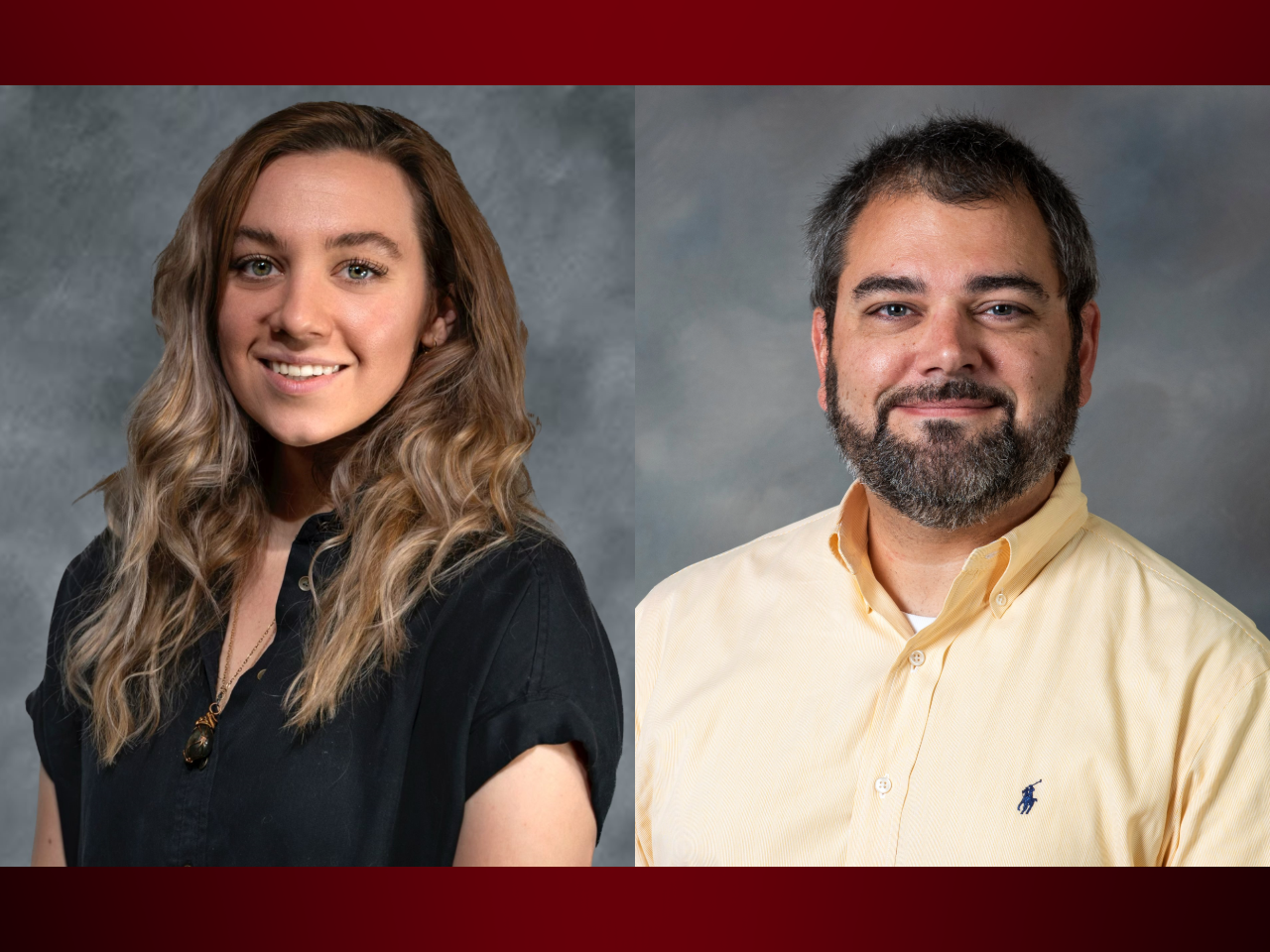Assistant Professor of Cinema & Television Arts Kai Swanson and Assistant Professor of English Dan Burns presented their collaborative research at this year’s joint Literature/Film Association and Association of Adaptation Studies virtual conference.
Co-coordinators of the new Global Film & Cultures minor Kai Swanson and Dan Burns were panelists at the annual online conference jointly sponsored by the Literature/Film Association and the Association of Adaptation Studies — scholarly societies that promote the academic study of literature, film, television, game studies, new media and other forms of audio-visual culture.
 Drawing on their recent team-taught ENG 1232 Literature on Screen course, Burns, an assistant professor of English, and Swanson, an assistant professor of cinema & television arts, presented on a panel with the theme, “Teaching in the Digital Age.”
Drawing on their recent team-taught ENG 1232 Literature on Screen course, Burns, an assistant professor of English, and Swanson, an assistant professor of cinema & television arts, presented on a panel with the theme, “Teaching in the Digital Age.”
Titled “Seriality and Sustain: The Resistance to ‘Assigned Streaming’ in a Binge-worthy Era,” the talk explored the subject of immersive viewing strategies for a class unit on adapting true crime in the subscription video-on-demand streaming series. In a comparative reading of James Baldwin’s book-length essay on Atlanta’s missing and murdered children from 1979 to 1981, “The Evidence of Things Not Seen,” students were asked to track the emergence of diversity, equity and social justice themes across the first and second seasons of Joe Penhall and David Fincher’s Netflix series “Mindhunter.”
Specifically, Swanson and Burns centered their discussion on how best to assist students with time management and interpretive continuity across multi-episode viewing assignments. With an interest in encouraging students to resist “binge-watching” serialized narratives for class — a mode of media consumption that cross-disciplinary research in communications, media studies, critical theory, cognitive psychology, and public health cautions against — their alternative methodology proposed the use of Frame.io: a video review and collaboration platform that allows students to condense complex shot annotations and patterns across episodes with ease.
The virtual symposium, now in its third year, aimed to foster more global conversations among adaptation teachers and scholars. Scheduled from Feb. 22-23, panel presentations included the work of professors teaching adaptation studies in Australia, Bahrain, China, Czechia, Croatia, India, Ireland, the Netherlands, Russia, Spain, Sweden, and Turkey as well as the U.S. and UK.
The Literature/Film Association is currently the largest and most active scholarly society in the United States devoted to the study of literature and film. Based in the United Kingdom, the Association of Adaptation Studies is committed to challenging assumptions concerning the boundaries of literature on screen and enlarging the place of adaptation studies across the humanities curriculum.



